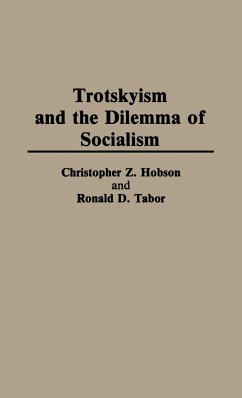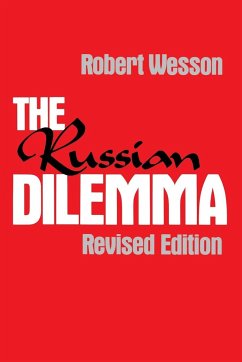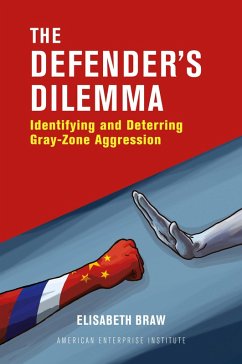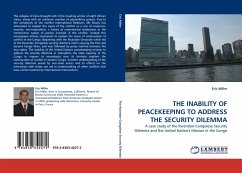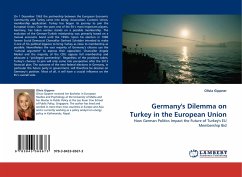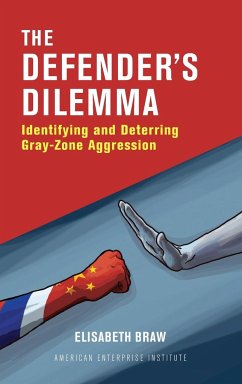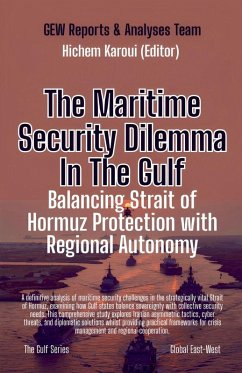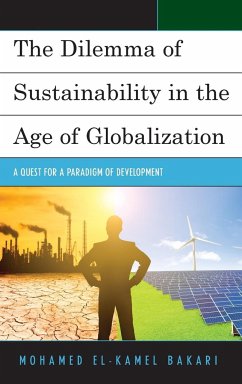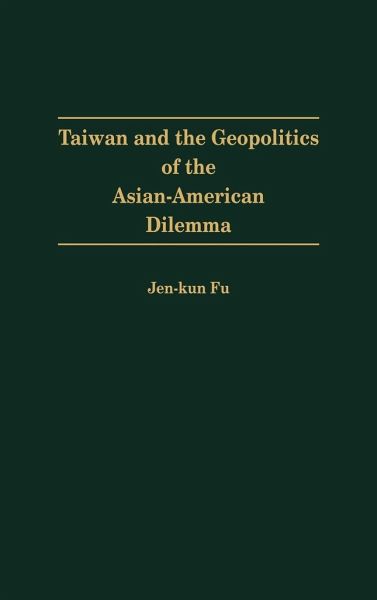
Taiwan and the Geopolitics of the Asian-American Dilemma
Versandkostenfrei!
Versandfertig in 1-2 Wochen
69,99 €
inkl. MwSt.

PAYBACK Punkte
35 °P sammeln!
The survival and position of Taiwan are examined here in light of Taiwan's dependence on the vagaries of American and Chinese (both PRC and ROC) geopolitical thought and machination. Jen-kun Fu traces the ROC's changing geopolitical position on Taiwan, particularly in light of improved relations between the PRC and the United States in the early 1970s. Fu also explores Taiwan's response to the challenges posed by the normalization of Sino-American relations and provides an overall assessment of Taiwan's continuing role in the changing geopolitics of East Asia and the Pacific. Employing a geopo...
The survival and position of Taiwan are examined here in light of Taiwan's dependence on the vagaries of American and Chinese (both PRC and ROC) geopolitical thought and machination. Jen-kun Fu traces the ROC's changing geopolitical position on Taiwan, particularly in light of improved relations between the PRC and the United States in the early 1970s. Fu also explores Taiwan's response to the challenges posed by the normalization of Sino-American relations and provides an overall assessment of Taiwan's continuing role in the changing geopolitics of East Asia and the Pacific. Employing a geopolitical frame of reference, Fu's central conceptual concerns focus on the interface between geography and politics, which derives from modern geopolitical theory. If we are to understand how Taiwan's leaders perceive their options and the geopolitical position of Taiwan, then we need to explore the various geopolitical premises on which they base their views. Fu contends that Chinese tradition is one among several important components of the intellectual milieu through which Chinese--and, in particular, Taiwanese--decision makers necessarily filter their judgment. The study concludes that both the PRC and the ROC have carefully manipulated the geographical mind in order to preserve the orthodox principles on which their governments are founded. Beginning with an overview of Western and Chinese geopolitical theories, Fu presents the intellectual framework within which the foreign policy-makers operate. Next, he examines the geographical and historical contexts of the Taiwan issue itself--how Taiwan has become both a pawn and a beneficiary of American Cold War geopolitics. Then the study considers Taiwan's reappraisal of its own position vis-a-vis the mainland, the United States, and the world. Various options for resolving the Taiwan issue are considered, particularly in light of the pervasive influence of outside powers. Scholars and students of geopolitics and international relations (especially relations between the superpowers) as well as Asian studies will find this study essential reading.




